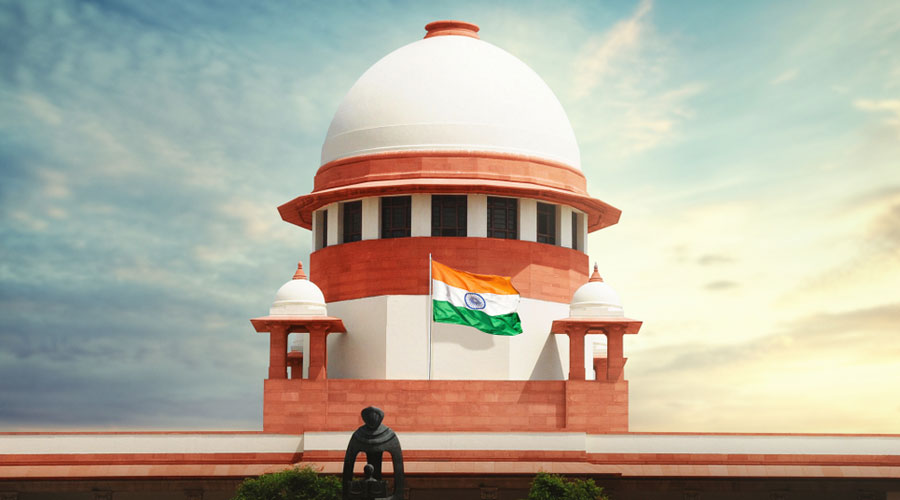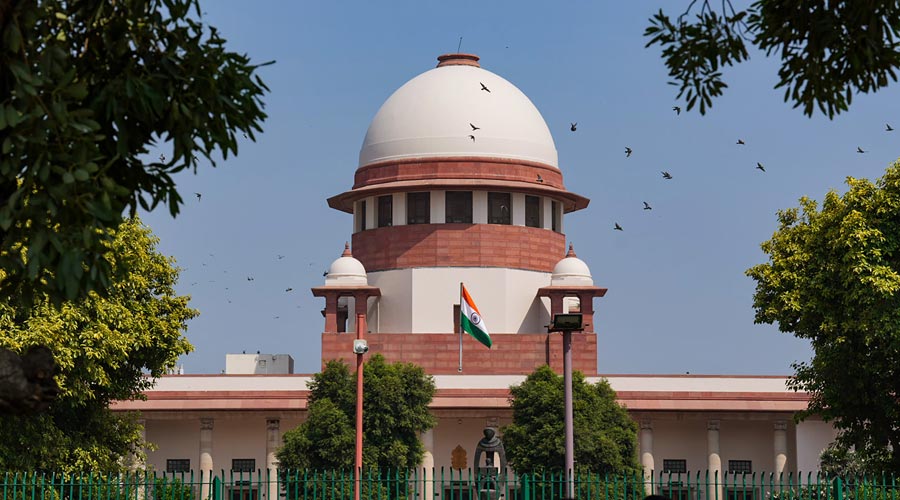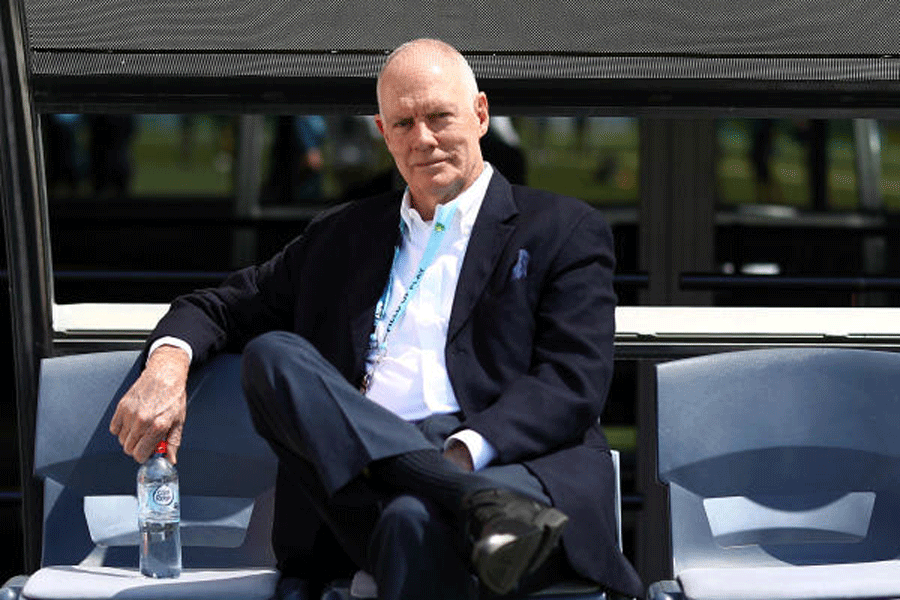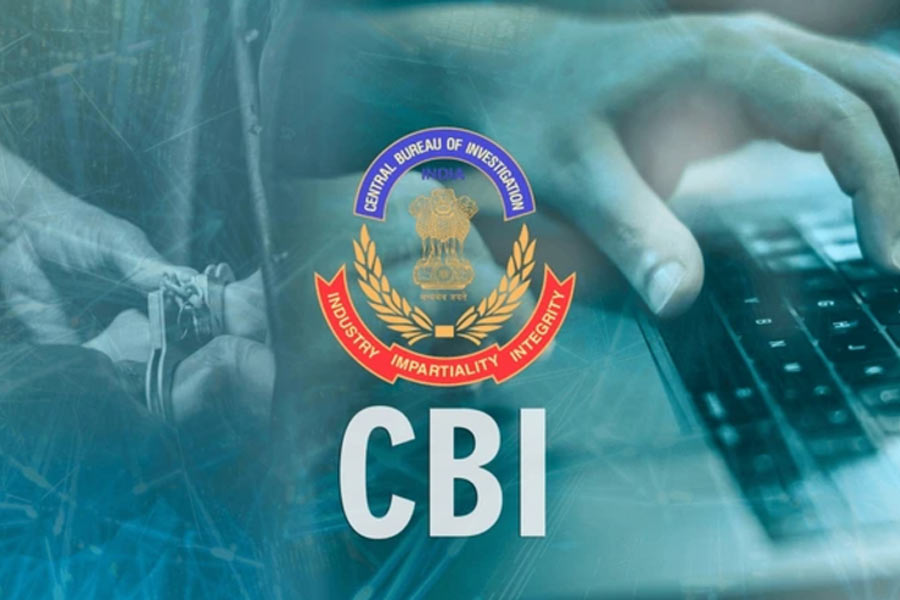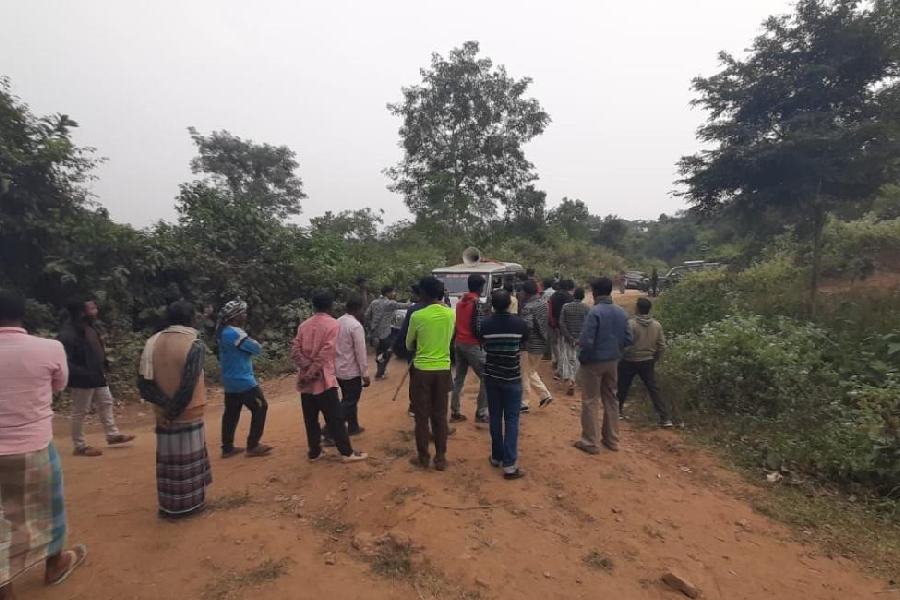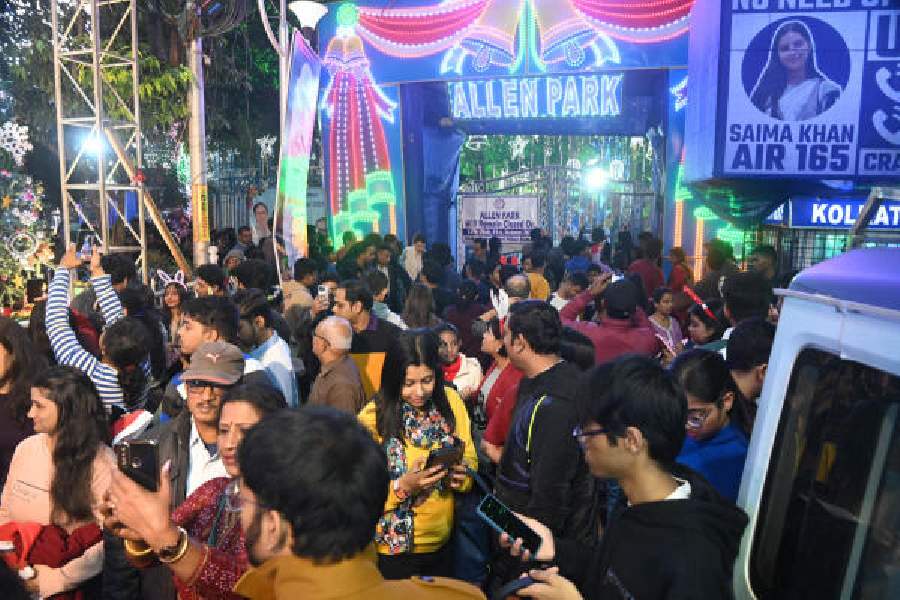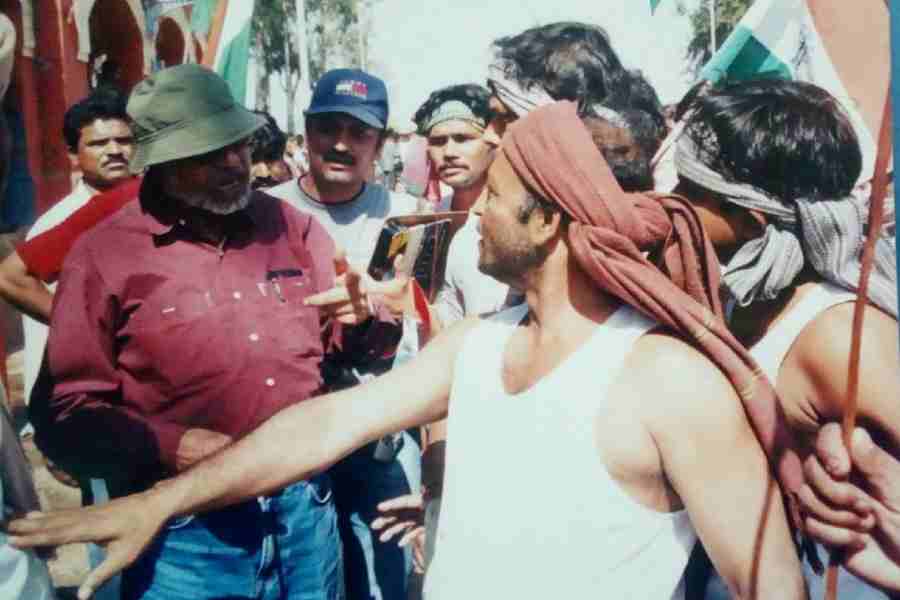The Supreme Court Friday said it will take a decision on early listing of petitions challenging the Centre's decision to abrogate provisions of Article 370 which had given special status to Jammu and Kashmir.
A bench comprising Chief Justice D Y Chandrachud and Justices P S Narasimha and J B Pardiwala took note of the submissions of senior advocate Raju Ramchandran, appearing for one of the parties, that the pleas needed an urgent hearing.
“All right. I will take a call on it,” the CJI said.
On December 14, last year also, the pleas for urgent listing were mentioned before the bench by Radha Kumar, an academic and author, who had intervened in pending petitions.
Earlier on April 25 and September 23, last year, a bench headed by the then CJI N V Ramana, since retired, had agreed to list for hearing the pleas challenging the Centre's decision to abrogate provisions of Article 370.
The apex court will have to re-constitute a five-judge bench to hear the pleas as ex-CJI Ramana and Justice R Subhash Reddy, who were part of the five-judge bench which had heard the pleas, have retired.
Besides the two former judges, Justices Sanjay Kishan Kaul, B R Gavai and Surya Kant were part of the bench which, on March 2, 2020, had declined to refer to a larger seven-judge bench the batch of petitions challenging the constitutional validity of the Centre's decision to abrogate provisions of Article 370 on August 5, 2019.
Several petitions challenging the Centre's decision to abrogate provisions of Article 370 and the Jammu and Kashmir Reorganisation Act, 2019, which split J-K into two Union Territories — Jammu and Kashmir, and Ladakh — were referred to a Constitution Bench headed by Justice Ramana in 2019 by the then CJI Ranjan Gogoi.
By abrogating Article 370, the Central government had revoked the special status of Jammu and Kashmir.
NGO, People's Union of Civil Liberties (PUCL), Jammu and Kashmir High Court Bar Association, and an intervenor had sought referring of the matter to a larger bench on grounds that two judgements of the apex court -- Prem Nath Kaul versus Jammu and Kashmir in 1959 and Sampat Prakash versus Jammu and Kashmir in 1970 -- which dealt with the issue of Article 370 conflicted each other and therefore, the current bench of five judges could not hear the issue.
Disagreeing with the petitioners, the bench had said it was of the opinion that "there is no conflict between the judgements".
Except for the headline, this story has not been edited by The Telegraph Online staff and has been published from a syndicated feed.

